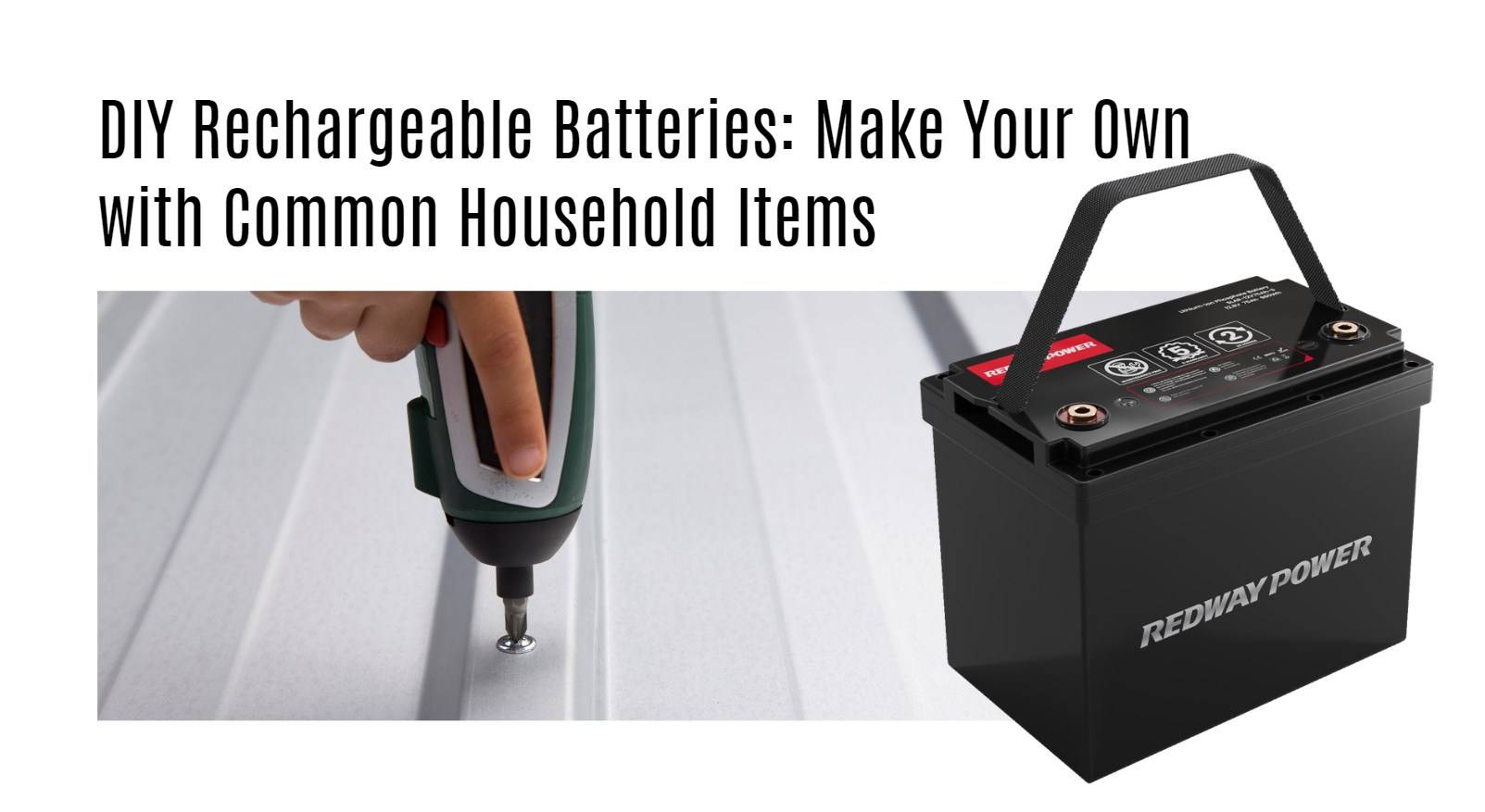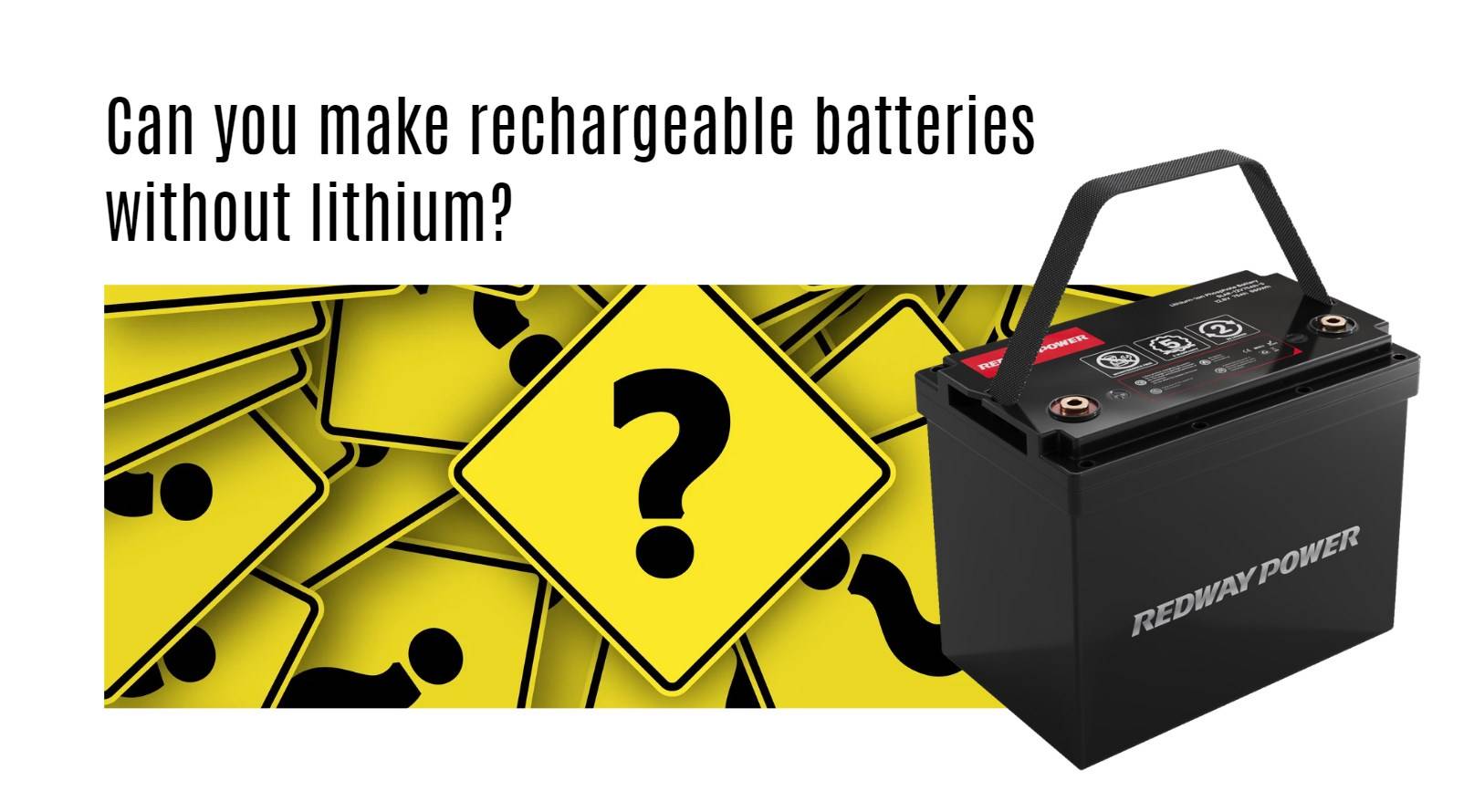Creating your own rechargeable batteries at home can be an exciting and educational project. Using common household items, you can make batteries that power small devices, helping you save money and reduce waste. This guide explores various methods for making DIY rechargeable batteries.
How can you create a rechargeable battery using household items?
You can create a simple rechargeable battery using materials like aluminum foil, salt, and copper wire. For example, one method involves using aluminum foil as the anode and copper as the cathode, combined with an electrolyte solution made from saltwater. This setup allows for the generation of electrical energy suitable for small applications.
What materials do you need to make a DIY rechargeable battery?
The materials required for creating a basic DIY rechargeable battery include:
- Aluminum Foil: Serves as the anode.
- Copper Wire or Tubing: Acts as the cathode.
- Salt: Used to create the electrolyte solution.
- Water: Mixed with salt to form the electrolyte.
- Paper Towels or PVA Glue: For assembly and structure.
- PVC Pipe (optional): To house the battery.
This combination of materials is easily accessible in most households.
Which methods are effective for making different types of rechargeable batteries?
Several methods exist for creating different types of rechargeable batteries at home:
- Aluminum Foil Battery:
- Use aluminum foil and copper wire along with a saltwater solution.
- Wrap copper wire into a cylindrical shape and insert it into a PVC pipe with the aluminum foil lining the outside.
- Lead Acid Battery Replacement:
- Repurpose old lead plates with alum or Epsom salt to create a lead-acid style battery.
- This method is more complex but can yield higher voltages.
- 1.5V Lithium-Ion Conversion:
- Convert non-rechargeable batteries by inserting a lithium-ion cell and using a voltage regulator to maintain appropriate levels.
| Battery Type | Materials Needed | Voltage Output |
|---|---|---|
| Aluminum Foil Battery | Aluminum foil, copper wire, saltwater | ~1.5V |
| Lead Acid Replacement | Lead plates, alum, water | ~2V |
| Lithium-Ion Conversion | Lithium-ion cell, voltage regulator | 1.5V |
These methods allow for various applications depending on your needs.
Why is it beneficial to make your own rechargeable batteries?
Making your own rechargeable batteries offers several benefits:
- Cost Savings: Reduces the need to purchase expensive batteries regularly.
- Environmental Impact: Minimizes waste by recycling materials and reducing reliance on disposable batteries.
- Educational Experience: Provides hands-on learning about chemistry and electricity.
- Customization: Allows you to tailor battery size and voltage output according to specific needs.
These advantages make DIY battery creation an appealing option for many enthusiasts.
How do homemade batteries compare to store-bought options?
While homemade batteries can provide adequate power for small devices, they typically do not match the performance, reliability, or longevity of commercial batteries. Store-bought options often feature advanced chemistry that allows for higher energy density, longer cycle life, and improved safety features.
| Feature | Homemade Batteries | Store-Bought Batteries |
|---|---|---|
| Energy Density | Lower | Higher |
| Cycle Life | Variable | Consistent |
| Safety | Moderate | High |
| Cost | Low | Higher |
Homemade solutions are best suited for educational purposes or low-power applications.
What safety precautions should you take when making batteries at home?
When creating homemade batteries, it’s essential to observe safety precautions:
- Wear Protective Gear: Use gloves and goggles to protect against chemical exposure.
- Work in a Well-Ventilated Area: Ensure proper airflow to avoid inhaling fumes.
- Avoid Short Circuits: Be cautious with connections to prevent overheating or fires.
- Dispose of Materials Properly: Follow local regulations for disposing of battery components.
By adhering to these guidelines, you can safely experiment with DIY battery projects.
What tips should battery wholesale buyers consider when making OEM orders?
Tips for Battery Wholesale Buyers
- Research Manufacturers: Identify reputable manufacturers with proven quality records.
- Quality Assurance: Ensure robust quality control processes are established.
- Customization Options: Look for manufacturers that can tailor products to meet specific requirements.
- Supply Chain Reliability: Evaluate their ability to consistently meet delivery timelines.
- After-Sales Support: Confirm that adequate support is provided post-purchase.
Redway Battery, with its extensive experience as a lithium-ion manufacturer, is an excellent choice for wholesale buyers looking to place OEM orders.
Redway Battery Expert Insight
“Investing in high-quality lithium-ion solutions like those from Redway Battery ensures that businesses can rely on durable products while fostering long-term partnerships,” states an expert from Redway Battery.
FAQ Section
- Can I really make my own rechargeable batteries at home?
Yes, using common household items like aluminum foil, copper wire, and saltwater allows you to create simple rechargeable batteries. - What are some effective methods for DIY battery creation?
You can create aluminum foil batteries, convert non-rechargeable lithium cells, or use lead plates with alum for more complex designs. - What are the benefits of making my own batteries?
Benefits include cost savings, reduced environmental impact, educational experiences, and customization based on specific needs. - How do homemade batteries compare to commercial ones?
Homemade batteries typically offer lower performance but are suitable for educational purposes or low-power applications.




